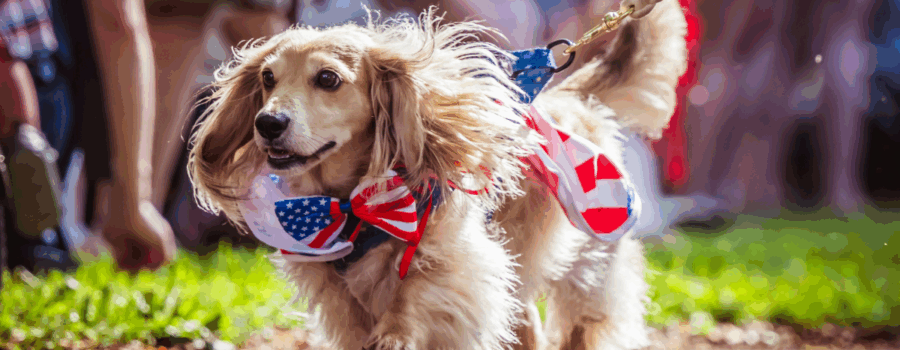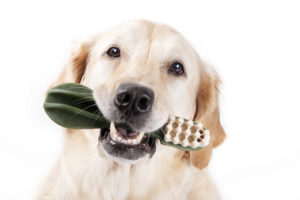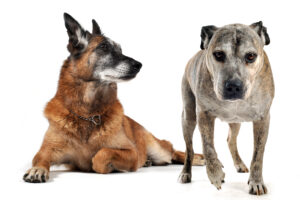Support their return to routine with comfort, hydration, and care
After a weekend of fireworks, guests, or disrupted routines, your pet may still be feeling the effects. Loud sounds, unfamiliar smells, and changes in schedule can all leave them a little unsettled.
Even if they aren’t showing outward signs of distress, their body and behavior might be telling you they need a bit of extra support. This gentle guide offers ways to help calm your pet after fireworks and restore balance at home.
1. Calm Your Pet After Fireworks with Predictable Moments
Pets thrive on rhythm and routine. If their usual meals, walks, or nap schedule were interrupted, reintroduce those patterns slowly and calmly.
You can support your pet’s nervous system by offering:
- Plug-in calming diffusers or pheromones that mimic natural pheromones
- Soft background music designed for pets, especially during naps
- Calming beds or thick blankets that create a safe, grounding space
The goal isn’t to force normal, it’s to gently remind them that calm is safe again.
2. Support the Body’s Stress Recovery
Fireworks and overstimulation can affect your pet’s digestion, sleep, and immune system. You may notice loose stool, increased shedding, or mild appetite changes.
Here are a few ways to help calm your pet after fireworks by supporting their physical recovery:
- Digestive supplements or calming chews for cats and dogs with gentle herbs like chamomile
- Moisture-rich meal toppers or broths for cats and dogs to improve hydration and interest
- Small, regular meals to avoid overloading their system
If introducing new items, do so gradually. And if something seems off, consult your vet.
3. Keep Things Cool (Literally!)
July heat plus stress can make your pet more prone to dehydration. Especially if they’ve been panting more than usual, it’s essential to increase access to cool, clean water.
Try these simple supports:
- Ceramic or filtered fountains that keep water flowing and cool
- Cooling mats or breathable beds for rest during warmer hours
- Chilled treats like frozen broth cubes for hydration and enrichment
Clean and refill bowls daily to maintain interest and avoid bacteria buildup.
4. Reset the Mind with Gentle Enrichment
Once your pet begins settling down, add soft mental stimulation to help rebuild confidence and comfort.
Calm enrichment ideas include:
- Snuffle mats or puzzle feeders that create slow, rewarding engagement
- Scent-based games or treat hides to build curiosity without overstimulation
- Short, familiar play sessions with low-energy toys for cats and dogs.
If your pet still seems skittish, avoid noisy games or group play for a few days. Let them guide the pace.
5. Celebrate the Quiet Wins
Recovery doesn’t always look dramatic. A full meal, returning to a favorite nap spot, or gentle tail wags can signal your pet is finding their rhythm again.
If your pet still seems off after three to five days or shows ongoing symptoms like hiding, shaking, or loss of appetite, call your veterinarian for personalized guidance.
Looking for More Gentle Tips?
We share seasonal care reminders, everyday wellness tools, and gentle product suggestions in our email newsletter.
Click here to join our list and receive support that fits your rhythm.
Internal Resources You Might Find Helpful:
Disclaimer
This post is for informational purposes only and is not a substitute for veterinary care. If you notice concerning changes in your pet’s health or behavior, please consult your veterinarian.
Affiliate Disclosure
Some links in this post may be affiliate links. That means we may receive a small commission if you make a purchase. We only recommend products we trust to support gentle, thoughtful care routines.





